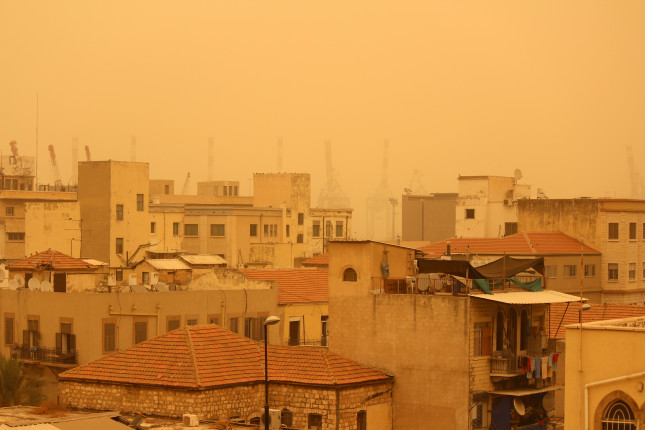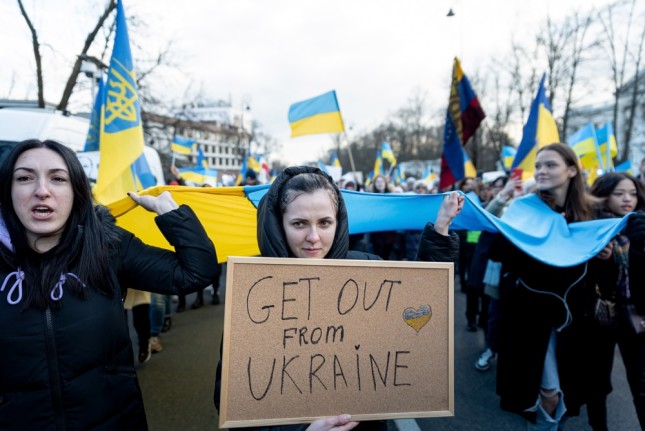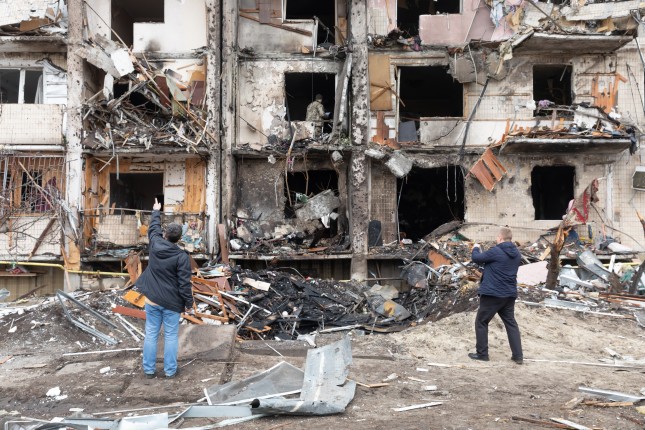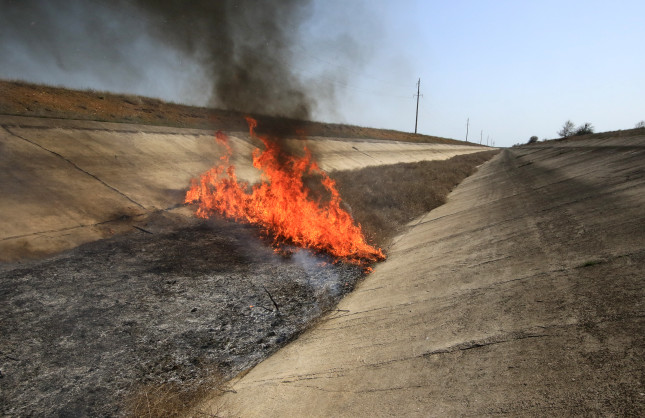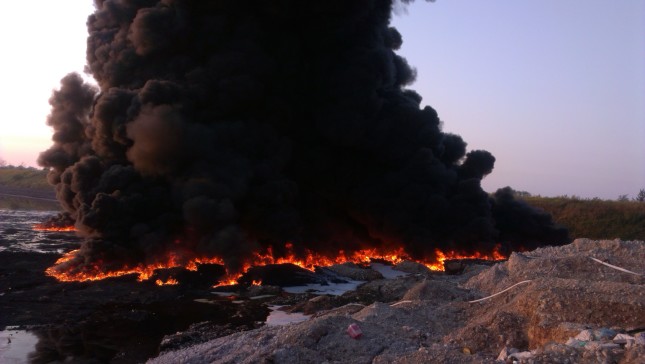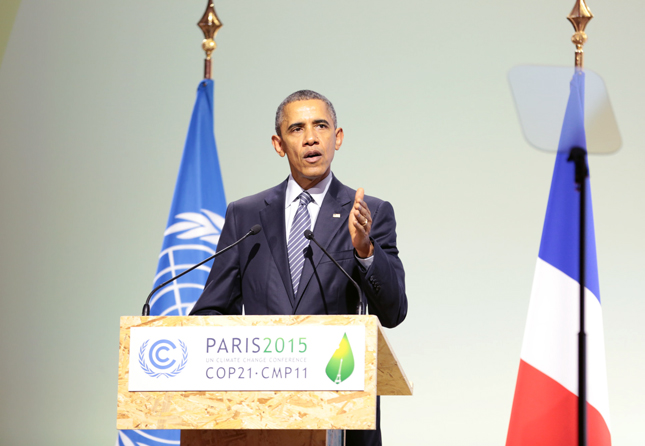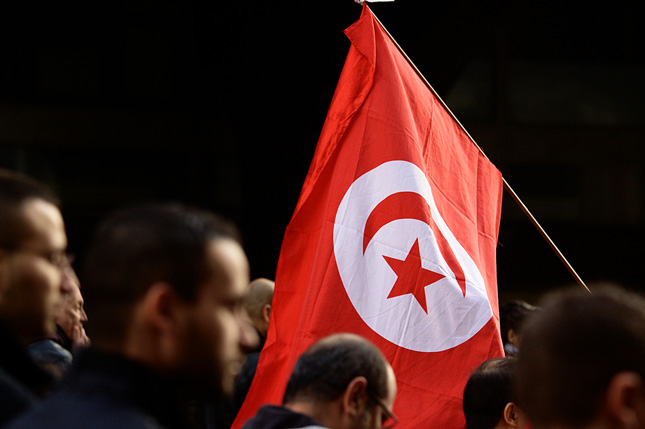-
Agricultural Land in Russian Territorial and Geopolitical Ambitions
›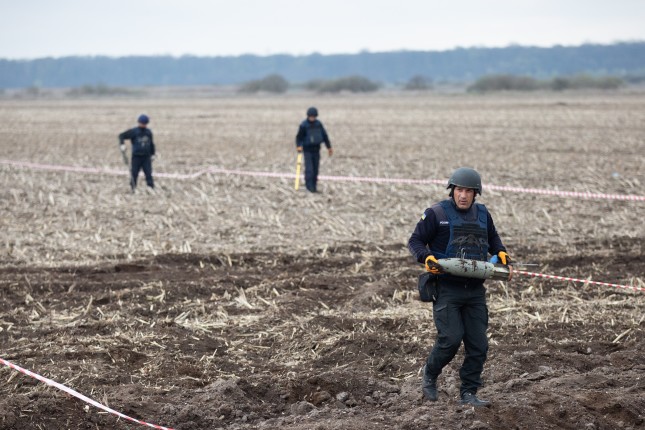
The negative impacts on global food security wrought by Russia’s war in Ukraine are obvious. But recent news that Russia currently occupies more than one fifth of Ukrainian farmland, draws attention to another dimension of this politically-induced food and agricultural crisis: land itself. Of course, territory has long been an object of conflict and warfare. But agricultural land—in particular—is also a key, though understated, dimension of the geopolitical ambitions undergirding Russian activity at home and abroad.
-
Top 5 Posts for May 2022
›
In Iraq, climate change is adding stress to an already precarious situation. Weak public services, growing unemployment, fossil fuel-related environmental and health hazards, and other factors have generated high levels of social vulnerability and contributed to recent protests. In the top post for May, Dylan O’Driscoll and Shivan Fazil write about how, against this fragile backdrop, insecurity is heightened by increasingly deadly flash floods and more frequent dust storms that pose a public health threat.
-
Ukrainian, Belarusian, and Russian Women and the Anti-War Movement
›
“I want this war to be over. I want all of us to rebuild our societies. We are a force that can do that, and we will do that; we are doing it. But I think we also need to see the bigger picture, that women in the world, and now in our region, are not protected from violence – any form of violence,” said Marina Pisklakova-Parker, Director of Strategic Partnerships at the Every Woman Treaty, during a recent Wilson Center event on Ukrainian, Belarusian, and Russian women’s voices in the anti-war movement.
-
The Environmental Dimensions of the Russian Invasion of Ukraine
›March 4, 2022 // By Wilson Center Staff
Today, the Environmental Peacebuilding Association published an open letter, signed by 902 individuals and 156 organizations from more than 75 countries, to express solidarity with the people of Ukraine in the face of Russia’s invasion and shine a light on some of the environmental risks posed by the invasion that have both short and long-term implications. Below is an excerpt of that letter.
-
Hydropolitics in the Russian – Ukrainian Conflict
›
It’s telling that one of the first actions that Russian forces took in their invasion of Ukraine was to blow up a dam on the North Crimean Canal (NCC), allowing water to flow back into Crimea. The current war being waged by Russia in Ukraine has its origins in fractured and contested political history, but there are also key natural resource security questions which often go overlooked. While there are established debates about the extent to which natural resources contribute to conflict, the current conflagration exemplifies a rare use of water as a means of direct leverage in a military standoff. Regardless of the outcome of the conflict, the tensions between Russia and Ukraine over the NCC illustrate the need to consider the role of natural resources—and access to them—in broader diplomatic efforts.
-
A Ukrainian Stand-Off: The Toxic Consequences of Armed Conflict in Donbass
›
A looming industrial tower of pipelines and chemical storage tanks rises out of snowy landscape. In Novogorodske, a small quiet town in eastern Ukraine, workers go about their daily business at the Dzerzhinsk Phenol Factory. A penetrating, inescapable smell greeted us as we entered the village, which a Dutch journalist and I are visiting as part of our investigation into the environmental and health risks from ongoing fighting in Eastern Ukraine. Our research for the open-source collective Bellingcat has identified the factory as one of a number of potential environmental flashpoints.
-
Tracking National Security in the Paris Outcome
›
Security was inseparable from the climate talks in Paris, from the safety of conference participants to how climate change impacts the stability of nations.
-
High Food Prices an Unlikely Cause for the Start of the Arab Spring
›April 7, 2014 // By Richard Cincotta
Just months after popular uprisings toppled Tunisia and Egypt’s authoritarian regimes, a trio of complex-system researchers published a brief article linking these demonstrations with high levels of the UN Food and Agriculture Organization’s international Food Price Index. Marco Lagi, Karla Bertrand, and Yaneer Bar-Yam’s model, which predicts outbreaks of deadly social conflict when the index tops 210, has since become a popular explanation wielded by many for bouts of popular unrest, including the Arab Spring and overthrow of Ukraine’s government. But were food prices really an underlying “hidden” cause for the start of a wave of instability that is still being felt today?
Showing posts from category Ukraine.


